Solar Panel
Planning to buy solar system for home?
Genus Solar System/Solar Panel Installation Company
Genus Innovation Limited is a globally recognized solar energy solutions provider. With years of expertise in solar system for home use and PV technology, we have a distinct competitive edge over our peers.
Our focus is on manufacturing extremely efficient and high power modules with outputs ranging from 40 W to 320 W. We understand that the future lies in the renewable energy sector and solar will certainly be among the top contenders. Thus, we invest in state-of-the-art technology to develop PV modules. The best part is that our quality control and process excellence is handled by one of the country’s largest producers of high-tech electricity meters and pure sine wave inverters.
Our research and development team works tirelessly to bring you cutting-edge solutions. As a result, we provide our customers with products that are best in quality, performance, and reliability.
The advancement in technology hasn’t triggered a significant decline in solar panel price in india. Thus, most companies in the solar industry aren’t cost-effective. However, at Genus, we ensure that our solar panel installations are affordable, without compromising on their quality or efficiency.
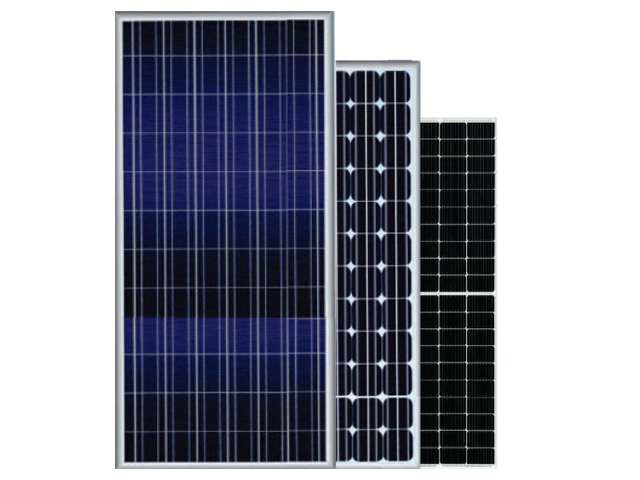
Solar Panel Price
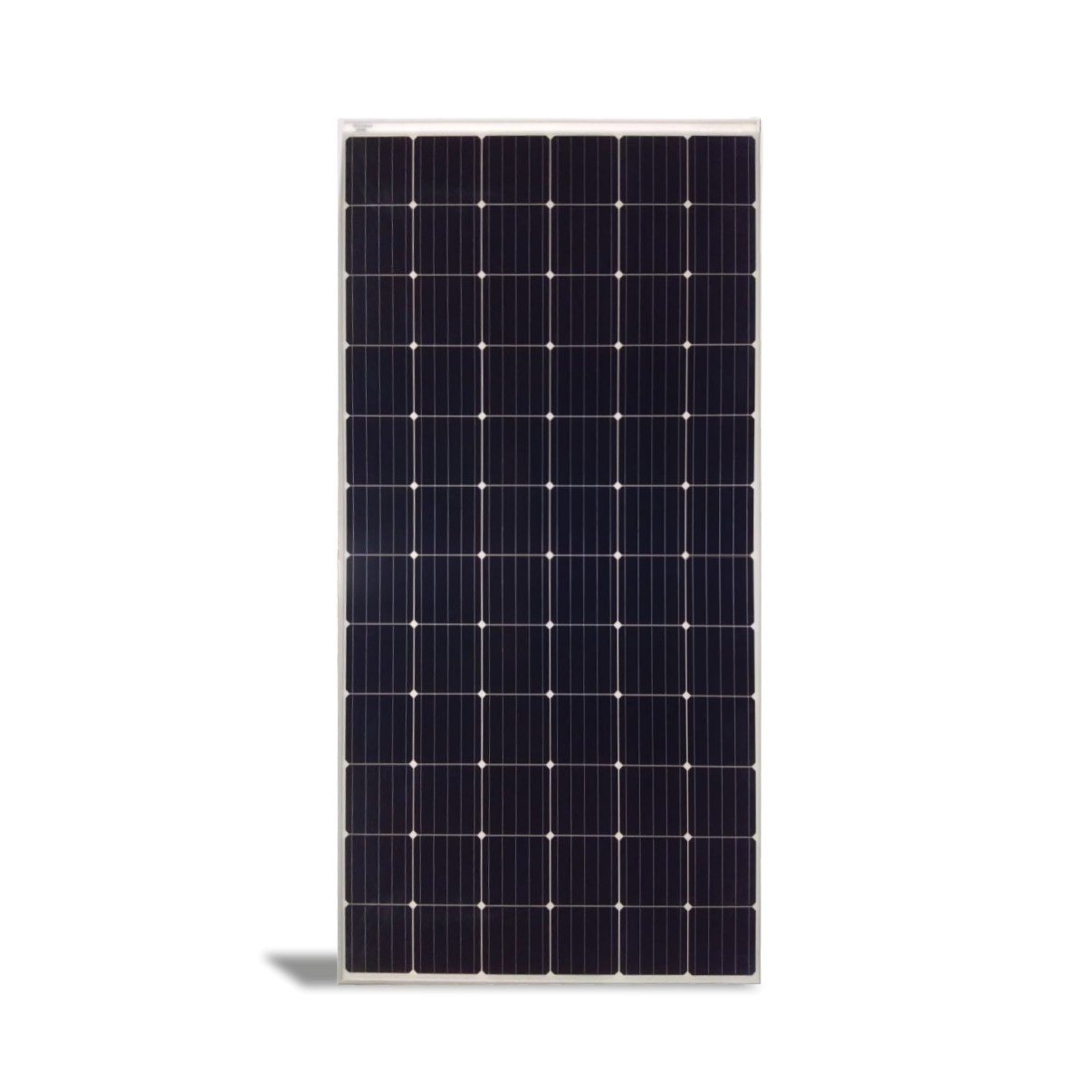
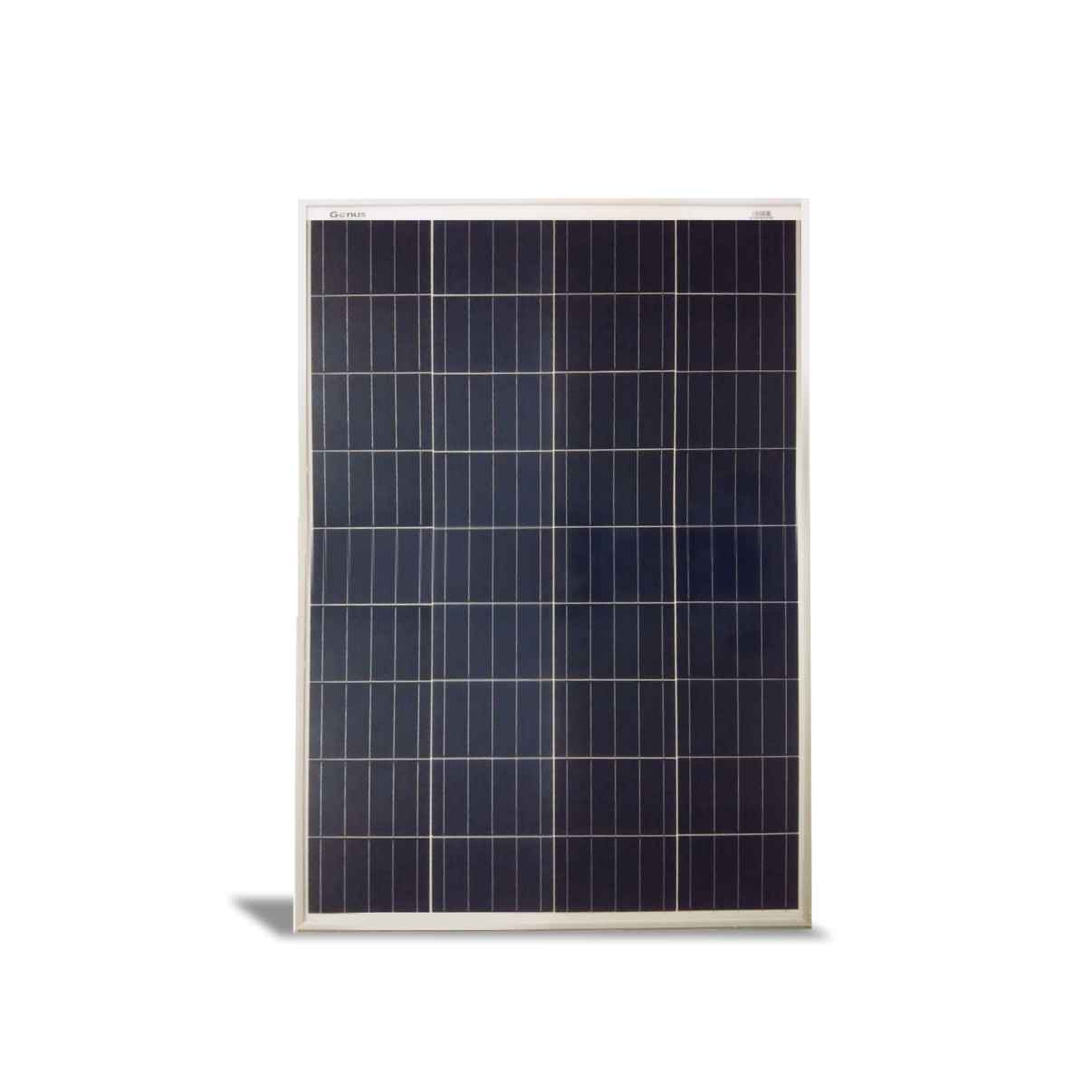
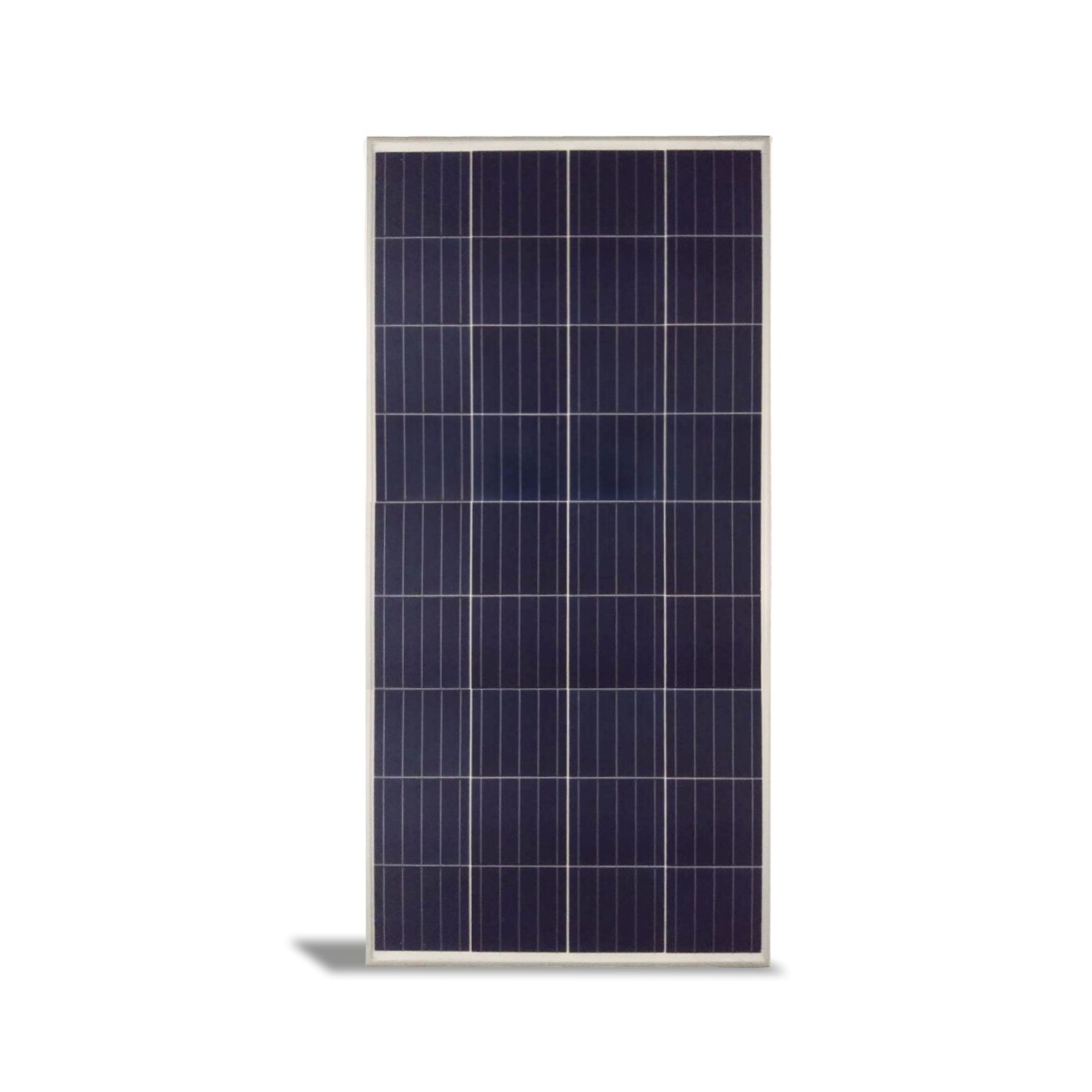
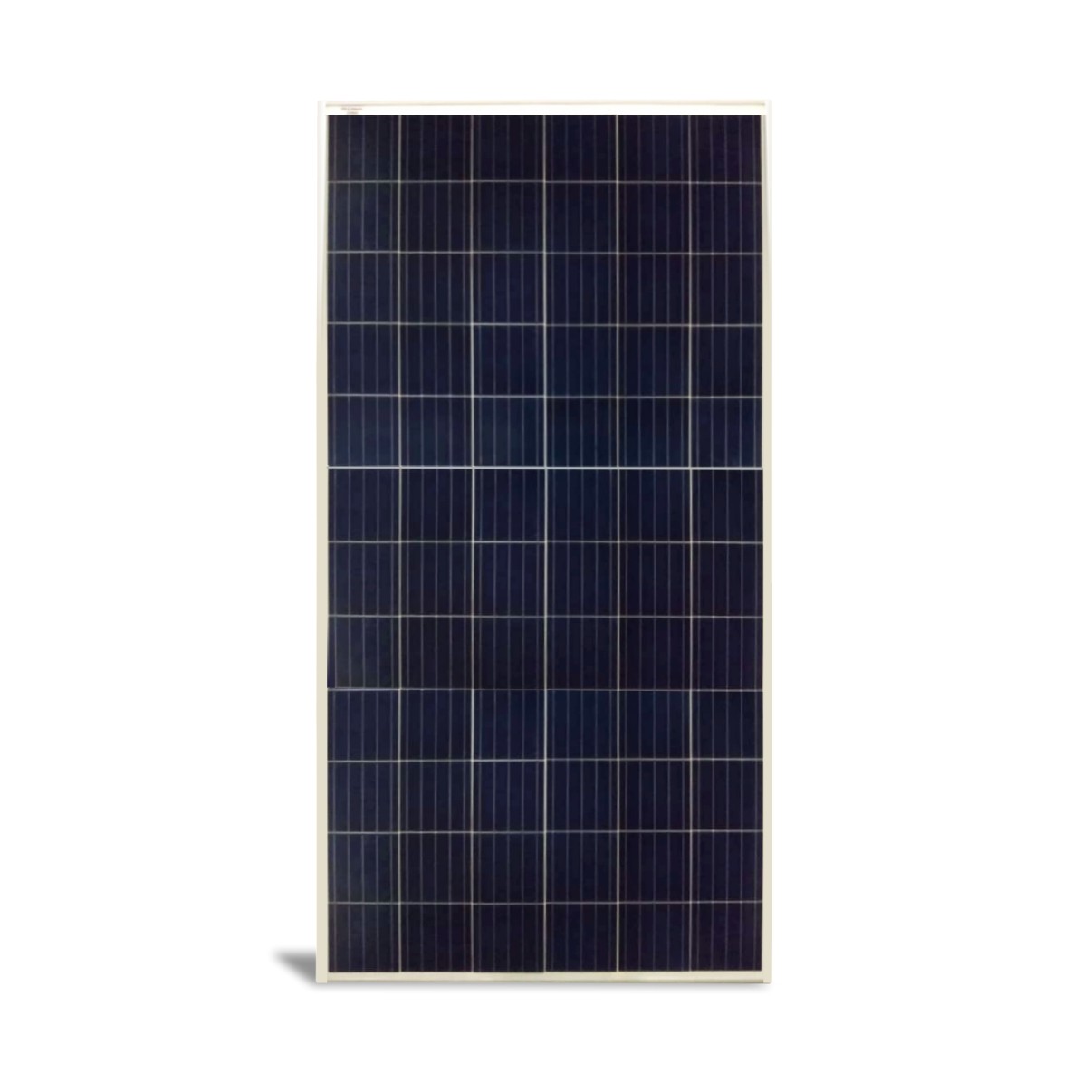
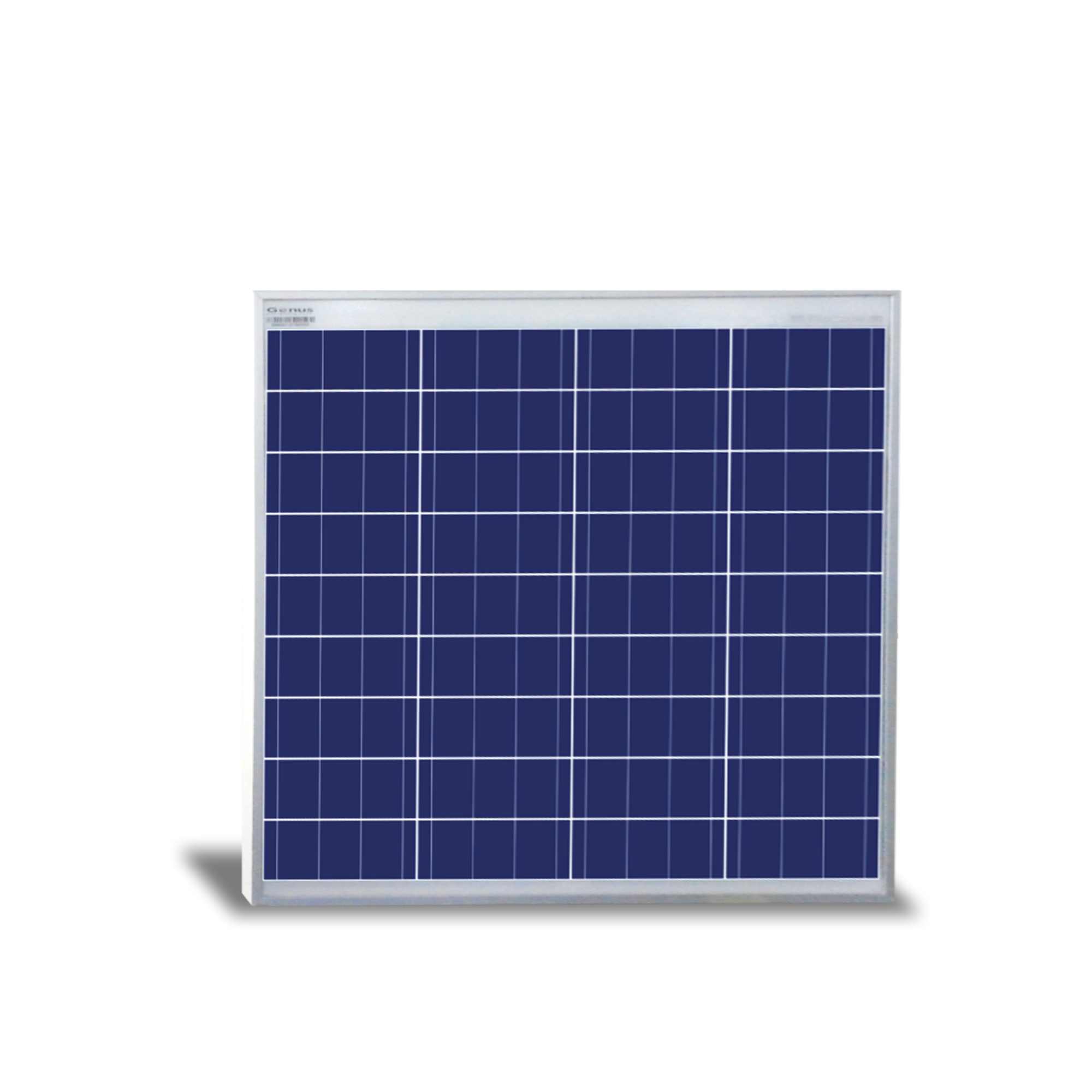
Features and Advantages of Solar Panel for Home
Quality
Components
Product Features
Performance
Wide Range
Warranty
How to choose Solar Panel Installation Company?
Solar panels for home and commercial uses are becoming increasingly popular in India as a clean, renewable and eco-friendly energy technology. These panels are easy to install and offer increasing returns with every passing year. So, when it comes to choosing from leading solar panel manufacturers, go with a company like Genus that provides panels with multiple benefits:
Lower electricity bills – Solar panels harness the sun’s energy throughout the day and convert it into electricity that can power appliances at night easily or on cloudy days when it is challenging to receive sun’s energy in its full force. Hence, you save a lot on utility bills as you stop depending on the Grid or traditional and expensive fossil fuels. Plus, the solar panel price in india is highly cost-effective in the long run as the panels need minimal maintenance and those from Genus promise 25 years of performance guarantee.
Reduced carbon footprint – As solar energy is green and renewable, using it will reduce your carbon footprint. Plus, it emits no harmful gases or pollutants, unlike non-renewable energy which is derived from burning fossil fuels. Buying a solar panel for home use is an environment-friendly move and often supported by the government in the form of subsidies.
All year efficiency – Though solar panels work best in summer, they generate adequate electricity in winter and on cloudy days too. Moreover, the excess electricity generated gets stored for days when enough solar energy cannot be harnessed due to rain, smog or fog. Hence, the solar panel cost you bear for all-year efficiency is quite reasonable.
FAQs
- On average, how many solar panels for home use do I need?
- How much will solar panels cost for my house?
- Which is the best residential solar panel?
- Do solar panels work at night?
- Do solar panels work in winter?
- What is the cost of 1 solar panel?
- What is the cost of solar panel in India?
- What questions should I ask about solar?
- How does solar work at my house?
- Can I run my whole house on solar power?
- How I can get a subsidy for solar panels?
It depends on certain factors such as:
- Energy or electricity consumption
- Future consumption target
- Mount capacity
- Amount of solar radiation
Thus, you need to identify your requirements as well as the capacity and limitations of your premise.
The total cost of a solar setup depends on the number of panels required at your home, which in turn depends on its energy consumption. The cost of a system increases with energy output capabilities. Further, there are two types of manufacturers, Indian and international. If subsidy on solar installation is available in your state, you can only opt for panels from Indian manufacturers.
The key objective is to identify and filter the brands based on factors like efficiency, affordability, durability and others. For household usage, customers should also consider installation and maintenance capabilities before opting for a particular brand.
Although the panels don’t produce any energy or electricity at night, they produce a decent amount of energy during the day. To leverage the panel’s capacity to its hilt, users often include solar battery or net metering into their setup.
The panels do work in winter. However, their outputs can be lower due to certain factors. For instance, the days in winter are shorter, which means fewer hours of sunshine. Thus, the energy produced by the panels is dependent on environmental conditions.
The solar panel price in India can be somewhere around Rs 48 per Wp for 250-300 W and Rs 50 per Wp for above 300 W. One of the key contributors to the above price is the battery system. The pricing can also depend on the watts of the panel. Generally, the higher the watt of a panel, the more expensive it is.
The price of a grid-connected PV system can range from Rs 50,000 to 75,000 per kWp. The price depends on the solar panel inverter as well as the type of panel opted for. For instance, a monocrystalline panel can be more expensive than conventional polycrystalline panels.
Before opting for a particular solar panel brand, you may want to ask the following questions:
– What type of panel is optimal for my premise?
– What system size do I opt for maximum returns?
– Is my solar company licensed?
– How experienced is my solar firm?
The working of a solar panel is simple. The PV cells absorb solar radiation and then convert the solar energy into electricity using the photovoltaic effect. The energy produced by the PV cells is in the form of DC power, and hence, it can be used to charge the battery systems (if any).
The simple answer is yes. However, you might have to consider the cost and space needed for the installation of such a solar system.
In order to avail subsidy, the cost of installation of a PV system should be close to Rs 60,000- 70,000. Furthermore, the customer should also produce 1100 kWh to 1500 kWh per year. If you meet the above requirements, you can contact your electricity provider, who will visit your premise for inspection before approval.
Queries regarding solar system for home?
Applications
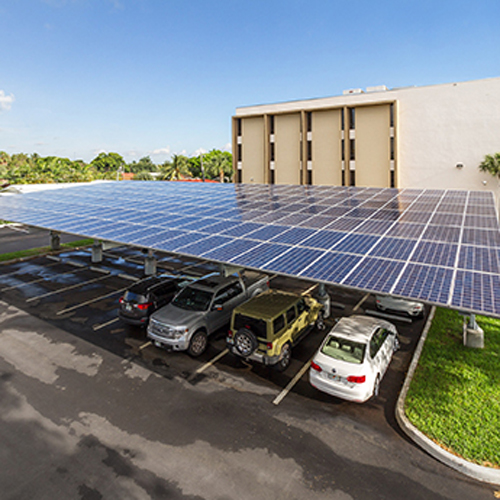


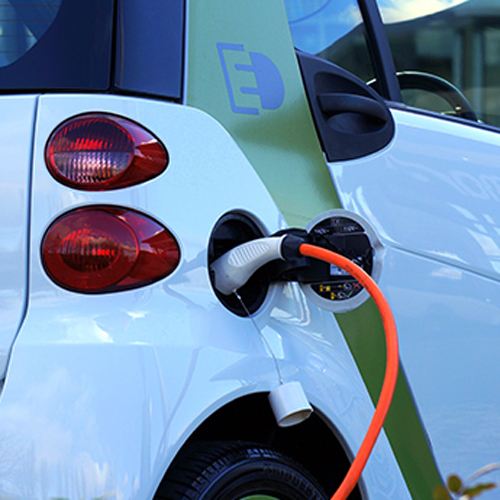
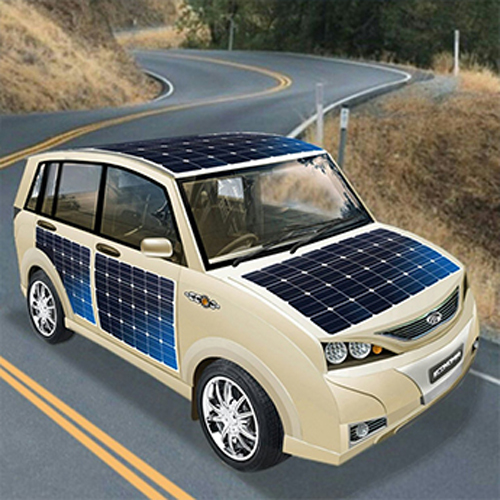

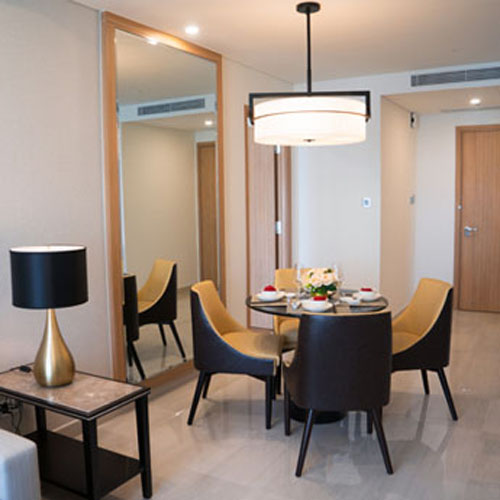
What are the Benefits of Solar System for Home in India?
Using a solar panel for home or office or factory in India is a sound investment as 25 years of performance is guaranteed. By harnessing clean, renewable and eco-friendly energy from the sun, these panels reduce your dependence on Grid supply. Hence, electricity bills sharply decline over time, without affecting how the appliances you use function round the year. This can be economically viable for both rural and urban households in India.
Reputed solar panel installation company like Genus also ensure minimal maintenance and operating costs by offering panels that are crafted with advanced technology and cutting-edge materials. Since a solar panel produces no harmful gas or pollutant during its functioning, no health risk is involved. There is no impact on climate and noise emission is also zero. Since India is already facing high levels of pollution, going solar will be a wise move.
Moreover, as India is primarily sunny round the year with clear sky, a rooftop solar panel for home can be immensely effective in capturing sufficient energy for use at night too. There is no need to purchase any extra land or vacate any usable area to install these panels. Consequently, installing solar panels will not be a challenge despite India’s high population density.
